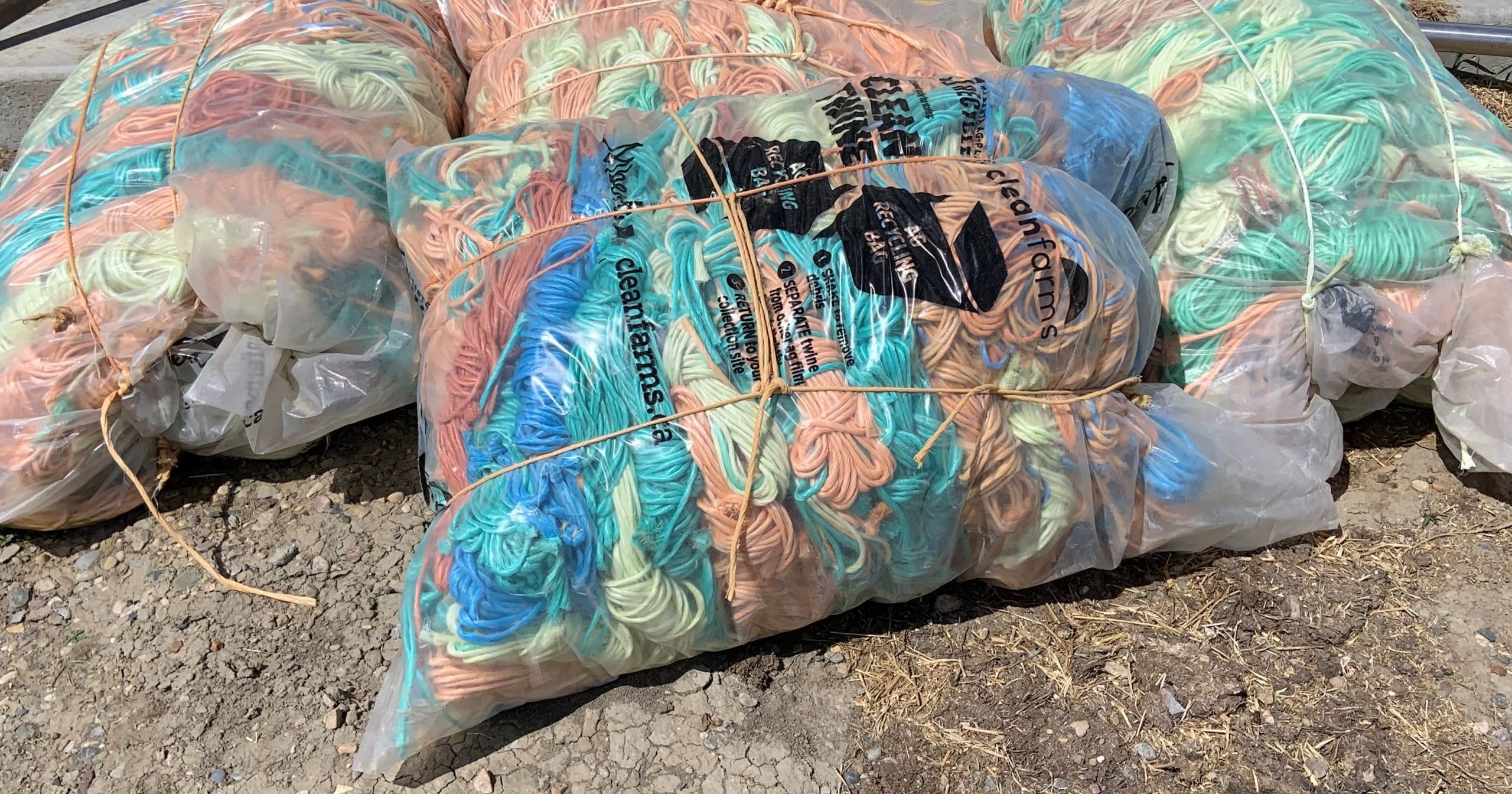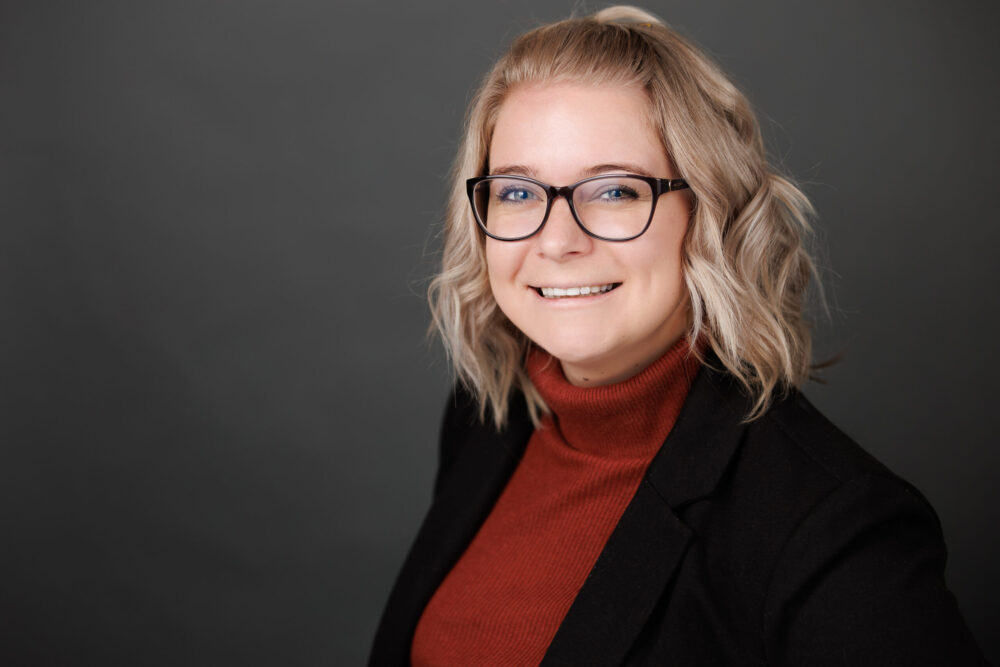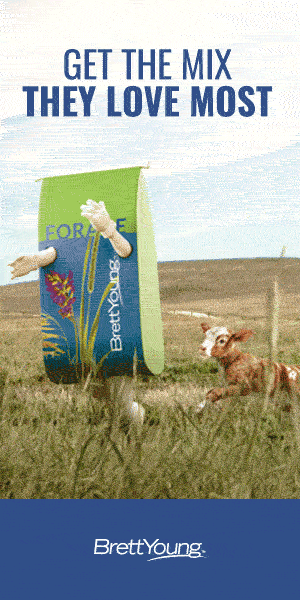AB Direct - Steers
Rail: ---
AB Direct - Heifers
Rail: ---
US Trade- Steers
Rail: ---
US Trade - Heifers
Rail: ---
Canadian Dollar
0.01

Alberta producers and 4-H clubs celebrated as final winners named in the Great Twine Round-Up
Cleanfarms has officially announced the final winners of the 2024-2025 Great Twine Round-Up, a province-wide initiative recognizing Alberta farmers and 4-H clubs for their efforts in collecting and recycling used agricultural baler twine.
Over the seven-month campaign, which concluded on May 31, the contest drew entries from participants across Alberta. An estimated 16,500 kilograms of twine were collected during the campaign.
Two prize draws were held — an early-bird draw in January and a final draw at the end of the contest. Prizes were awarded to 4-H clubs and one independent entrant, who chose to donate their winnings to a local Alberta chairty.
Final Draw Winners:
- Individual Category ($3,000): A ranch in Special Areas 2
- 4-H Club Category ($3,000 each):
- Rocky South 4-H Beef Club
- Hanna Rangeland 4-H Multi Club
- Early-Bird 4-H Club Winner ($3,000):
- Lethbridge Northern 4-H Beef Club
The contest was coordinated by the Agricultural Plastics Recycling Group (APRG), with funding from the Government of Alberta and support from Alberta Beef Producers.
According to Assar Grinde, Chair of the APRG and a cow/calf producer, the initiative helped increase twin recycling and encouraged new participants to begin using recycling programs.
“Taking that first step — placing clean twine in a recycling bag instead of the garbage — is often the most difficult,” says Grinde. “The level of participation suggests that targeted outreach can support environmental goals.”


